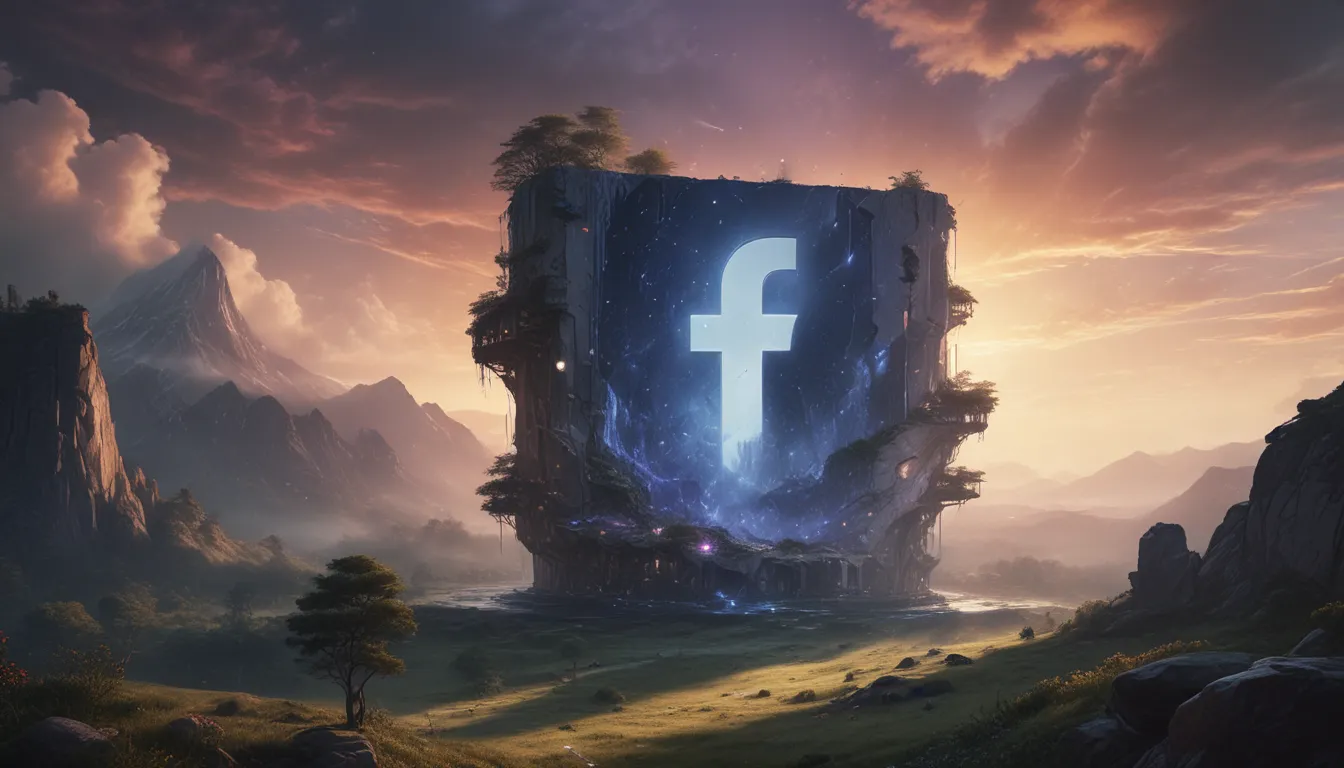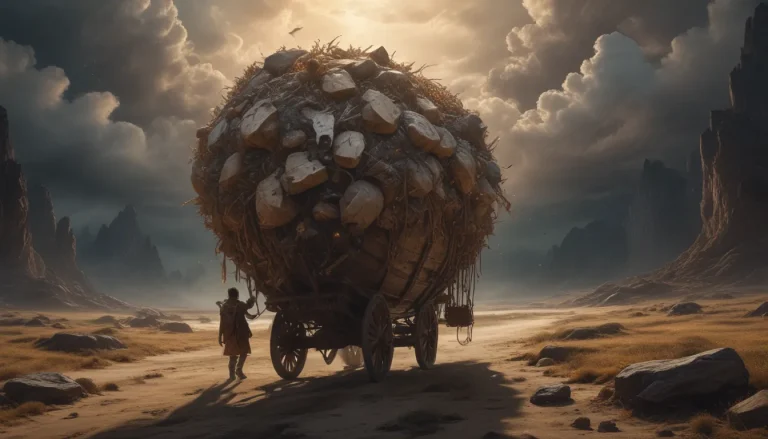Welcome to our guide on what Facebook represents and how it has evolved over the years. Facebook, founded in 2004 by Mark Zuckerberg, has become one of the most popular social media platforms in the world. With over 2.7 billion monthly active users, Facebook has truly revolutionized the way we connect, share information, and interact with one another online.
The Evolution of Facebook
When Facebook first launched, it was primarily a platform for college students to connect with one another. However, over the years, it has grown into a global network that caters to users of all ages, backgrounds, and interests. Today, Facebook offers a wide range of features and services, including:
- News Feed: The central feature of Facebook where users can see updates from friends, family, and pages they follow.
- Messenger: A messaging app that allows users to send text, voice, and video messages to one another.
- Groups: Communities on Facebook where users with similar interests can connect and interact.
- Marketplace: A platform for buying and selling items locally.
- Events: A feature for creating and RSVPing to events.
What Does Facebook Represent Today?
In today’s digital age, Facebook represents much more than just a social networking site. It has become a powerful tool for businesses, marketers, and individuals looking to connect with others, share their ideas, and promote their products or services. Here are some of the key things that Facebook represents today:
- Connection: Facebook allows users to connect with friends, family, and colleagues around the world, fostering relationships and facilitating communication.
- Information: Facebook is a source of news, updates, and information on a wide range of topics, from current events to personal interests.
- Entertainment: Facebook offers a platform for entertainment, with features like videos, live streams, and games to keep users engaged.
- Marketing: For businesses and marketers, Facebook represents a valuable tool for reaching and engaging with their target audience through targeted advertising and content.
- Community: Facebook brings together communities of like-minded individuals, providing a sense of belonging and support for its users.
The Impact of Facebook on Society
While Facebook has brought many positive changes to the way we communicate and interact online, it has also faced criticism for its impact on society. Issues such as privacy concerns, misinformation, and the spread of fake news have raised questions about the role of Facebook in shaping public discourse and influencing social behavior.
In response to these concerns, Facebook has implemented various measures to address them, such as improving its algorithms to promote more trustworthy content, cracking down on fake accounts and misinformation, and enhancing user privacy settings. However, these efforts continue to be a work in progress as Facebook grapples with the challenges of balancing free speech with responsible content moderation.
Conclusion
In conclusion, Facebook represents a dynamic and multifaceted platform that has transformed the way we connect, communicate, and engage with one another online. While it has its drawbacks, Facebook continues to play a significant role in shaping society and culture in the digital age. Whether you use Facebook for personal connections, business networking, or entertainment, it’s clear that this social media giant is here to stay.
If you have any thoughts or questions about what Facebook represents, feel free to share them in the comments below. We’d love to hear your perspective on this ever-evolving platform!







